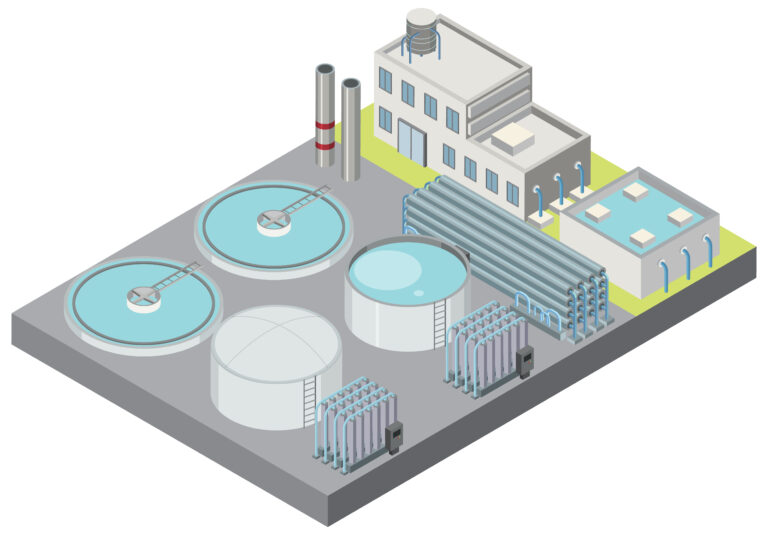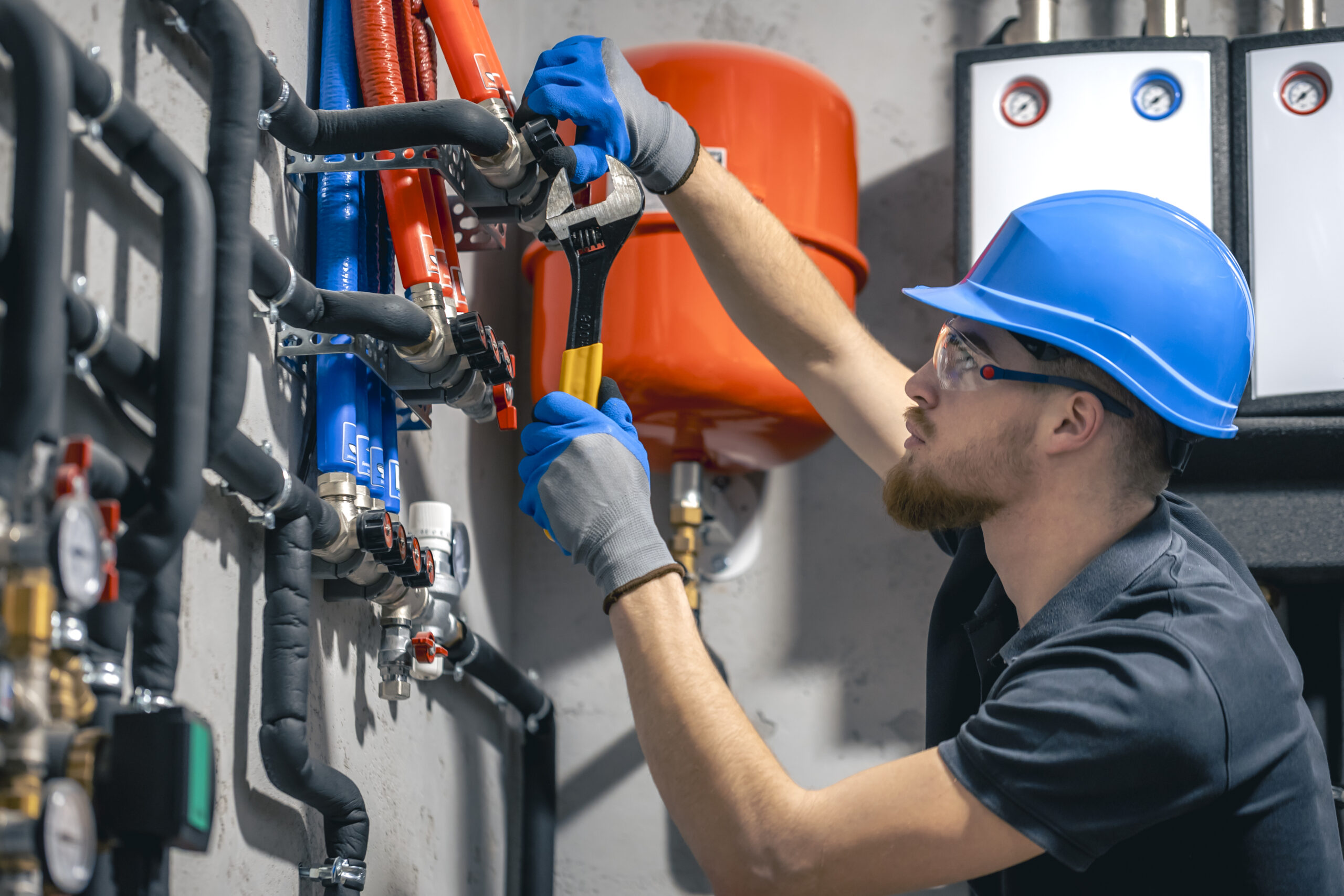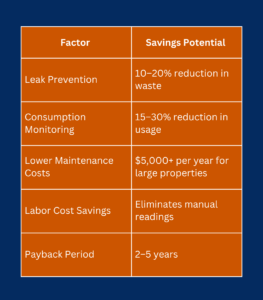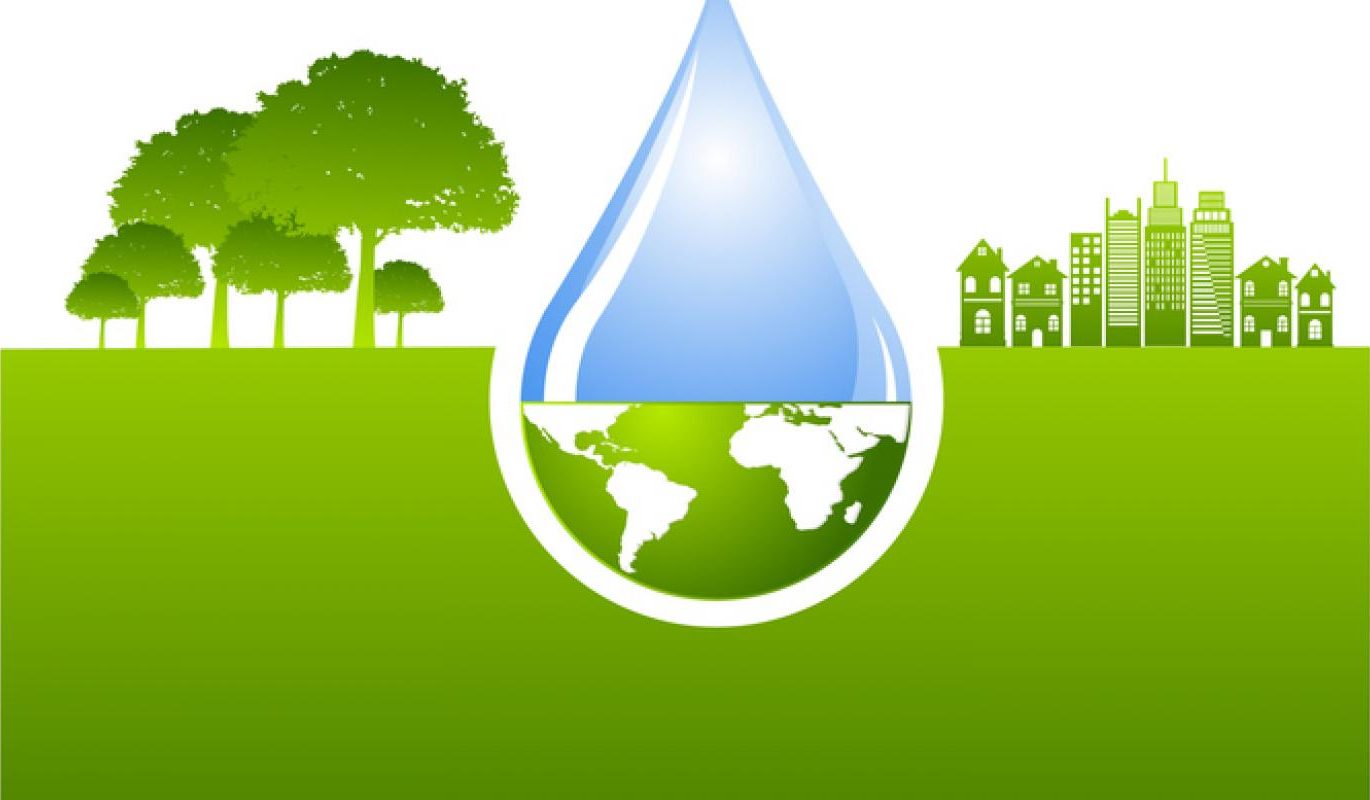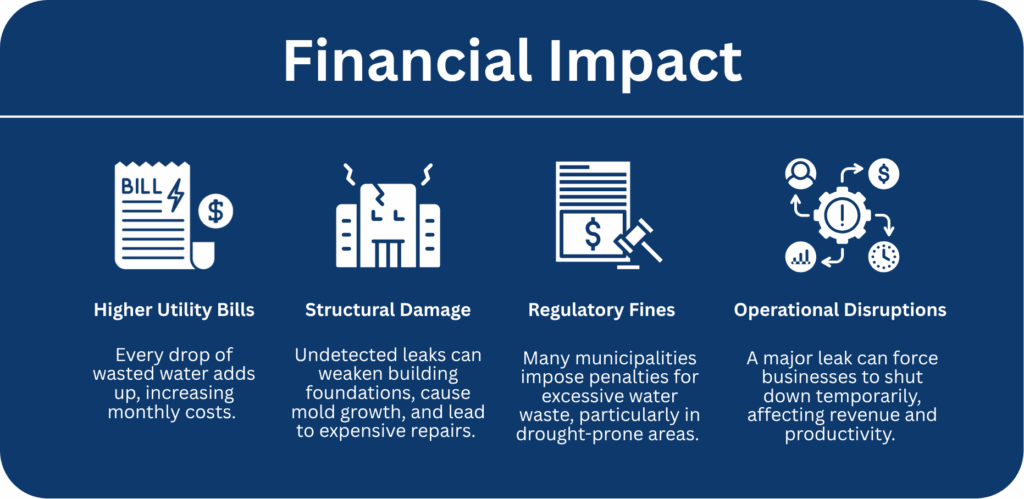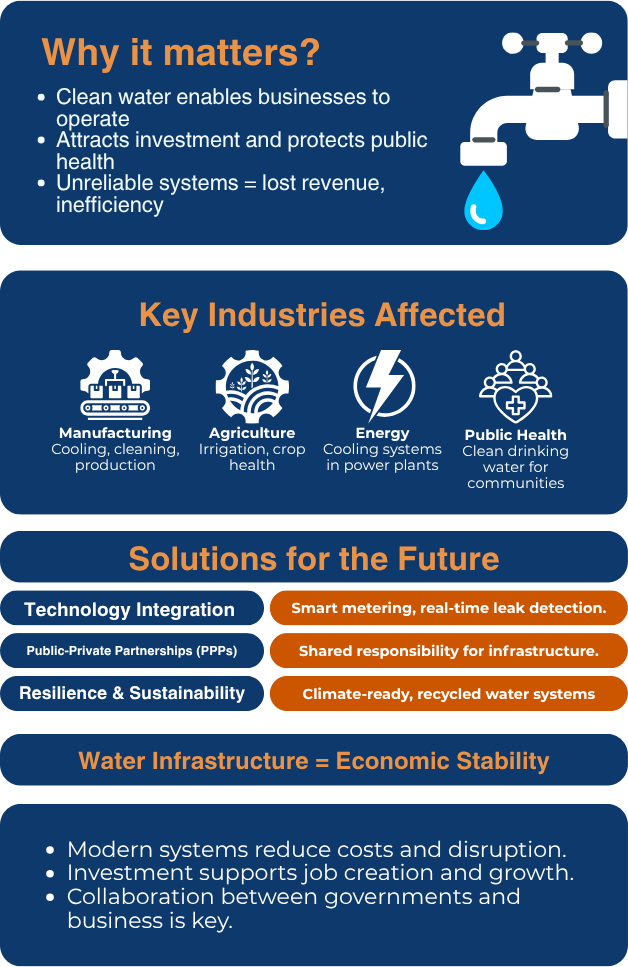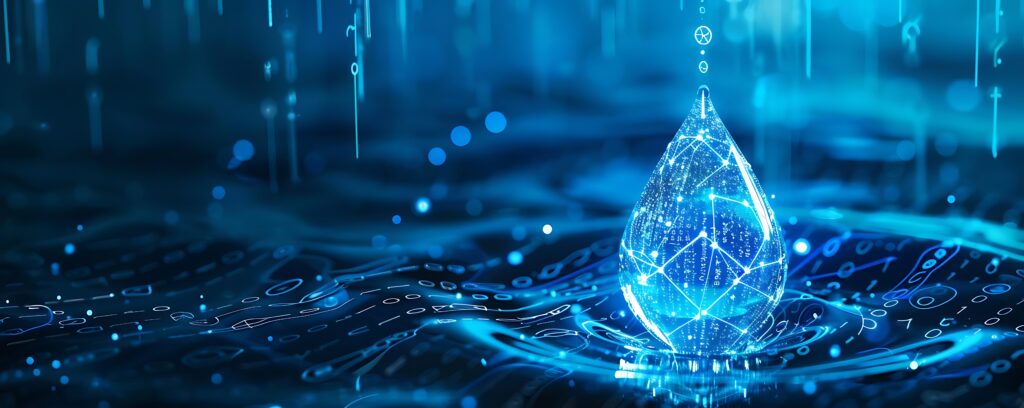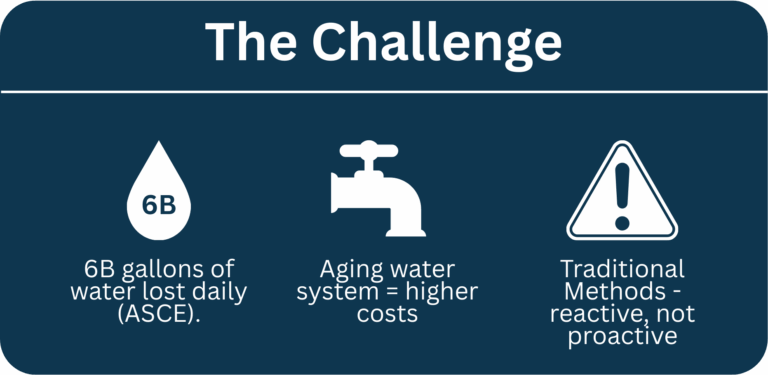-
0 Comments
A Community in Need of an Upgrade
Mesa Sunset, a vibrant residential community, had been facing increasing challenges with its aging water infrastructure. Over time, inefficient water distribution, outdated meters, and frequent leaks had become major concerns, affecting residents and increasing operational costs.
Recognizing the need for modernization, Mesa Sunset partnered with Cobblestone and Liss Technologies to implement a comprehensive solution. The goal was clear: to enhance water distribution, improve metering accuracy, and ensure long-term sustainability.

Challenges
Aging Infrastructure and Rising Issues
Water distribution at Mesa Sunset relied on an outdated system that struggled to keep up with modern demands. With aging components prone to failure and no real-time monitoring capabilities, inefficiencies were inevitable.
Unseen Leaks and Water Wastage
Undetected leaks led to significant water loss, while inconsistent water pressure affected supply reliability. Without a modern leak detection system, identifying and addressing these issues was difficult.
Lack of Isolation Valves
Routine repairs became a logistical nightmare as the absence of isolation valves meant shutting down the entire system for maintenance. This caused prolonged service interruptions, frustrating residents and delaying emergency responses.
Inaccurate Meters and
Billing Discrepancies
Outdated water meters led to frequent billing errors, creating disputes between residents and property management. Without precise usage tracking, water costs were often distributed unfairly, leading to dissatisfaction.
Logistical Hurdles in Infrastructure Upgrades
Upgrading the system presented logistical challenges. Restricted access to certain areas, the need to minimize disruptions, and the complexity of coordinating with multiple stakeholders made planning and execution difficult.
Solutions
A Strategic Overhaul for Long-Term Benefits
To address these issues, Mesa Sunset, Cobblestone, and Liss Technologies implemented a phased approach focused on efficiency, accuracy, and sustainability.
Installation of Isolation Valves
Strategically placed isolation valves were installed throughout the community to allow for targeted repairs. This drastically reduced service downtime and enabled faster emergency responses without shutting down the entire water system.
Upgrading Residential and Common Area Meters
High-accuracy water meters were installed across residential units and common areas, ensuring precise tracking of water usage. This upgrade allowed for fairer billing and helped residents become more conscious of their water consumption.
Replacing Aging Risers
New risers were installed to strengthen water distribution reliability. These critical components ensured consistent water pressure and reduced the risk of system-wide failures.
Project Execution Strategy
A phased approach minimized disruptions while ensuring efficient implementation. The team coordinated closely with residents and stakeholders, using advanced installation techniques to expedite the process without compromising quality.
Greater Efficiency, Lower Costs, and Happier Residents
The project delivered remarkable improvements that benefited both the community and its management.
- Increased System Efficiency – Isolation valves allowed for targeted repairs, eliminating the need for full system shutdowns and ensuring consistent water supply.
- Enhanced Billing Accuracy – The new high-accuracy meters provided precise usage data, reducing billing disputes and ensuring fair cost distribution.
- Reduced Maintenance Costs – Durable infrastructure upgrades significantly lowered repair frequency, leading to long-term cost savings.
- Improved Resident Satisfaction – Reliable water supply and fewer service disruptions enhanced overall resident experience and confidence in community management.
A Sustainable Future for Mesa Sunset
This project successfully revitalized Mesa Sunset’s water infrastructure, proving that strategic investments in modern technology can transform water management.
By implementing targeted upgrades, the community now enjoys reduced water waste, lower operational costs, and enhanced service reliability. With a proactive approach to sustainability, Mesa Sunset sets an example for other communities looking to modernize their water systems.
Discover how Phoenix Water Solutions can transform your operations.
